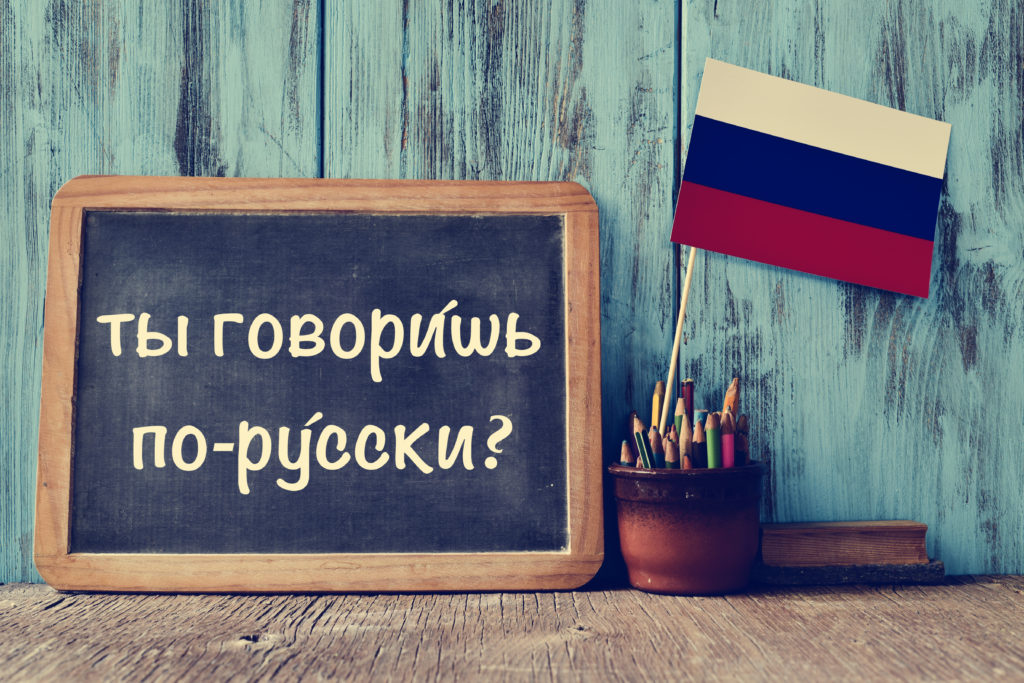What is Russian?
Russian is one of Europe’s most important languages. Spoken by more than 260 million people worldwide, Russian plays a major role in present-day global economics and politics. Additionally, Russian language, literature, philosophy, and culture have permanently shaped Europe as we know it today. Students interested in careers in Russian language will study both the language and its culture.
What 3rd Level Courses are Available?
- Universities and colleges in Ireland are offering courses in the following subject areas:
- Russian Language – the study of Russian as a second language.
- Russian Literature – the study of prominent Russian writers such as Dostoevsky, Tolstoy, and Nabokov.
- Business Studies & Russian – the study of business practices in Russian for application in Russia and beyond.
Studying Russian in College
First year students will often combine their Russian studies with additional subjects and electives. Students will be introduced to Russian language, literature, and history in their first year, preparing them for more intensive study in the following years.
Language modules will be traditionally assessed using written, oral, and aural examination. At all levels students will be required to complete assessments in and out of class in addition to sitting for regular exams.
Most undergraduate Russian courses will run for three or four years and in certain cases universities will facilitate work experience. Many programs will also encourage study abroad programs for students to learn the language through immersion in Russian culture.
It is common with all humanities-based subjects that students are expected to complete a Capstone project. Students will research and write on a topic of their choice (in English or in Russian) with the aid of a faculty mentor, ensuring their successful completion of a rigorous curriculum and preparing them for life after university.
A bachelor’s degree is adequate for some non-research careers in Russian language. For example, graduates with a bachelor’s degree in Russian may start working as arts administrators, translators or interpreters, diplomats or secondary school teachers. Some go on to work in publishing, tourism, law and business as well.
Career Options
Graduating from college with a degree in Russian will serve you well in the job market as it equips you with a unique and marketable skill. Russian is a major language of the European Union, as such, knowledge of the language and literature opens up a world of opportunities to fluent speakers.
It is not uncommon for graduates to start off in ‘entry-level’ jobs. Many start their professional careers in international relations, tourism, translation and education.
Other careers in Russian language that require a higher degree of responsibility will typically require further education, training and/or experience to qualify for, eg. teaching, research and diplomacy positions.
Most Russian students work abroad or for international companies helping to translate and distribute media to multi-lingual customers. Many also go on to teach Russian as a second language in primary and secondary schools.
Related Jobs Include:
- Diplomat / Foreign Services Officer
- Secondary School Teacher
- Translator / Interpreter
- Journalist
- Public Relations
- Speech Therapist
- Travel / Hospitality / Tourism
- Technology Consultant
- Museum Curator
- Publishing Agent
Further Study
An undergraduate Russian degree is often the first step to go onto further postgraduate study often involving specialization in particular fields and areas of Russian and/or undertaking work in new, sometimes interdisciplinary fields such as translation, diplomacy, or education.
Visit postgrad.ie for more information.
FAQ
What points do I need to study Russian?
- Different courses and different colleges will have different entry requirements. It’s always best that you check with the individual higher education institution which is available on their websites. As a general rule Leaving Cert students should have a minimum of six subjects which should include: Two H5 (Higher Level) grades and Four O6 (Ordinary Level) grades or Four H7 (Higher Level) grades. Subjects must include Mathematics, English, Irish or another language. Some universities suggest that Leaving Cert students also have taken an H4 course in Russian or another language besides English.
Are there any particular qualities you need to study Russian?
- You will need to be fascinated by other languages and cultures and excited to study the world from a different perspective. You will need to possess the desire to learn to think critically through the study of literature and cinema as well as history. Finally, you will need to be detail oriented, self-disciplined, and confident.
Where can I study Russian?
- Explore your options here.
Did You Know?
- Moscow boasts more billionaires per capita than any other city in the world!
- Russia’s Trans-Siberian Railroad crosses over an impressive 8 time-zones and 87 cities!
- Russian is the 6th most natively spoken language in the world!
- Russian, alongside English, is one of the most commonly used languages in space aboard the ISS!












Comments